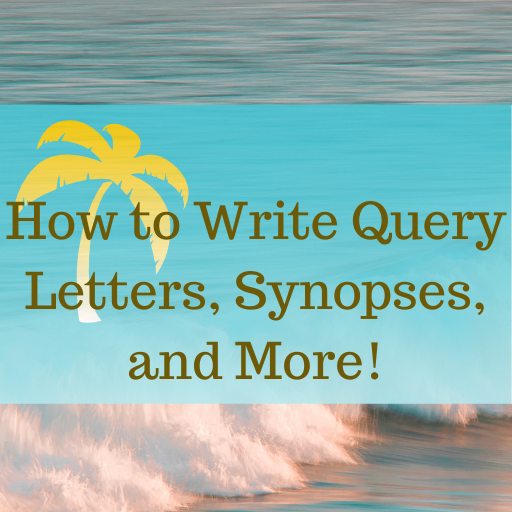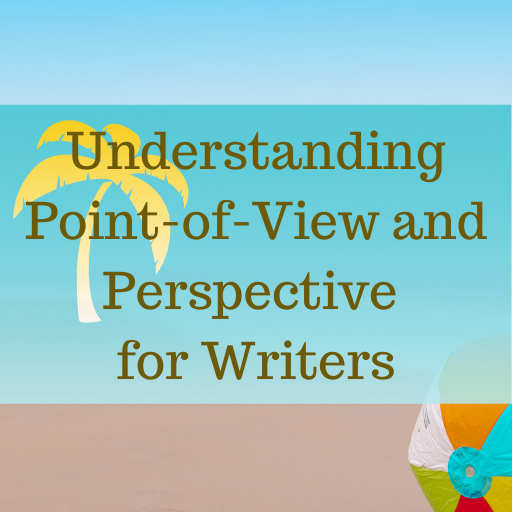How long does querying take?
Writer Question: Exactly how long does querying take?
I’m often asked how long it takes to hear back from editors or agents. Maybe a writer has an agent who has submitted a proposal or a manuscript, and she’s biting her nails waiting to hear back, or she’s submitted the full manuscript of her novel at an agent’s request and is wondering how long it will take to hear a yes or no.
I understand how hard it is to be patient; I am as neurotic as the next writer. What writers want me to tell them is “six days.” Or forty-three, or nineteen, or even one-hundred-seventy-six, as long as I promise they will hear back by then.
It’s the uncertainty they object to, not the elapsed time. Which is why no one ever wants to hear my answer, which is: “It depends.”
It depends…
Asking, “How long does it take to hear from an editor/agent?” is like asking, “How long is a piece of string?” I can tell you that no usually comes faster than yes, so be careful what you wish for.
I can tell you that editors with more seniority generally respond faster because they have to do less hoop-jumping to make an offer and are more likely to know if something is going to get past the acquisitions committee.
By the same token, some agents and agencies have more clout, and editors will respond more quickly to submissions from them.
Projects that have huge commercial appeal will go faster than projects of less commercial appeal or with non-celebrity writers.
Other than that, it depends on how strongly the editor feels about the project, how much buy-in she needs to get from others to make it fly, how full her list is (not to mention her workload), who’s on vacation, and even how well another book on a similar topic is doing.
You may get an offer in a few days or weeks (I’ve had that happen). You may get an offer after many months (Ditto). You may never get an offer. You may never even hear back.
So instead of worrying about “when,” accept that it will be seven months from now, be pleasantly surprised when it isn’t, and get to work on your next project.
Other Helpful Content
The Fine Art of Copyediting Fiction
When copyediting fiction, it’s common to run up against issues that pit author preference against standard editing approaches. For example, in a story I wrote some years ago, the main character’s neighbor is referred to as “3-B” as that is her apartment number and the MC doesn’t know her name. Fine. She can be referred…
Let the manuscript teach you how to edit it
One of the lessons I’ve learned over many years of editing is that you have to let the manuscript teach you how to edit it. Every manuscript is different and every manuscript needs a different touch. Even when an author does something I’ve seen many times before, I have to edit for that particular manuscript,…
Helping Authors Strengthen Story Settings
The setting of a novel consists of multiple elements, big and small, that nest inside each other like those little Russian dolls. We might show this hierarchy of settings like so: If you think about it, the micro setting of “the living room of 601 San Mateo Road Apartment 16” implies the existence of all…
Join the Club!
New to story editing? Begin at the beginning.






